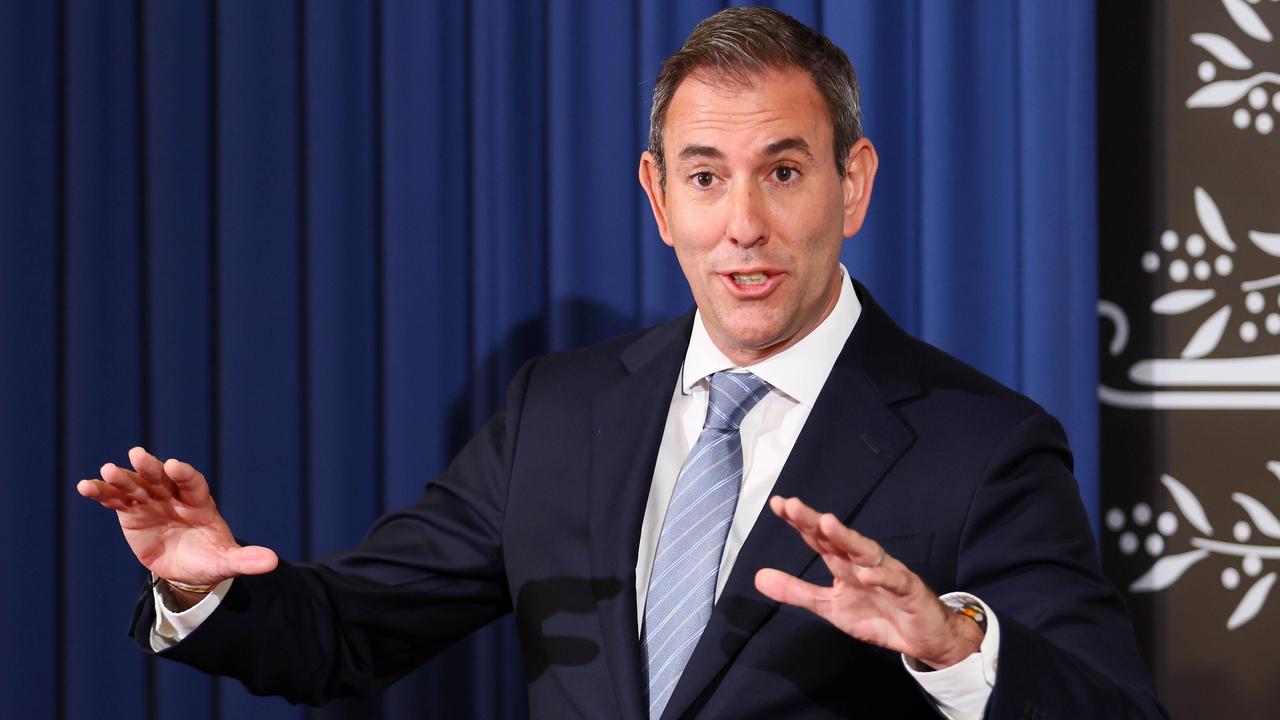Federal Budget 2022: Pensioners to pay more for prescription drugs, 50 new urgent care clinics
Prescription medicines are about to get more expensive for some of Australia’s most vulnerable people. See how much you’ll pay.
Federal Budget
Don't miss out on the headlines from Federal Budget. Followed categories will be added to My News.
More than five million pensioners and low income Australians will face a 50 cent per script hike in their medicine prices from January 1, further fuelling inflation.
The government is under fire for ignoring calls from consumer groups to freeze the annual indexation of the $6.80 PBS co-payment in the federal budget.
Every year the PBS co-payment is increased in line with CPI but because inflation is currently running out of control the price hike will be three times higher than usual next year.
From January 1, the price of medicines for Australia’s poorest consumers will rise by an expected seven per cent per script, or around 50 cents per drug saving the government around $76 million over the next two years.
Wealthier consumers will see the price of their medicines fall from $42.50 to $30 on the same date.
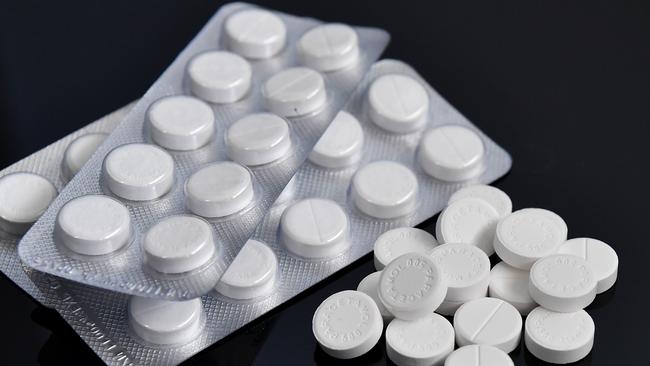
“We’re incredibly disappointed that the government isn’t going to do this really simple step of freezing indexation on concessional copays,” said Felicity McNeil former health department executive now head of Better Access Australia.
“This was a budget that was about the cost of living crisis in Australia when rents are going up, utilities are going up 50 per cent, foods gone up 17 per cent and government themselves are going to put up the price of medicines by 7 per cent for those least able to afford them in the community and that‘s just wrong,” she said.
Consumer’s Health Forum chief Elizabeth Deveny praised the government for cutting medicine prices for general consumers but said a freeze on indexation for concessional patients was something “we would like to see that happen”.
The CHF would also like to see the threshold for the PBS safety net lowered so once people had spent a certain amount on medicines each year they got access to free or much more heavily subsidised scripts.

A freeze on indexation would ensure the January 1 price cut was not “washed away by inflation” over coming years, Ms Deveny said.
“It has to be very carefully managed because otherwise the intention which is to reduce the costs won‘t be realised,” she said.
The Australian Medical Association is also backing an indexation freeze on PBS medicines.
“Anything that we can do that makes healthcare affordable makes sense at the moment,” AMA president Professor Steve Robson said.
The AMA welcomed spending measures in the federal budget but said it did not do enough to reform Australia’s troubled health system.
“There are hundreds of thousands of Australians waiting for an operation, hundreds of thousands of Australians waiting to see a specialist, people can’t get into emergency departments – all of these problems can’t be kicked down the road forever and there are going to have to be some real reforms, some real initiatives in the budget in May,” Professor Robson said.
Spending on health should not be seen as a cost but as an investment, he said.
“All the people waiting for operations, all the people waiting to have their current condition stabilised, can actually start participating in the economy, they can work, they can travel, they can take holidays, they can move around, they can spend all of those things that you do when you‘re healthy, and we think it’s a really good investment,” Prof Robson said.
The Royal Australian College of General practitioners said although budget delivers on key election promises, significant funding for general practice care is urgently needed to address the GP crisis.
“The RACGP holds grave concerns that without major investment into general practice care by the federal Government the current shortage of GPs being felt by communities throughout Australia will intensify, waiting times to see a doctor will increase, and the health and wellbeing of Australians will suffer,” RACGP president Dr Karen price said.
The college wants an increase in Medicare rebates for longer consultations, the creation of a new Medicare item for GP consultations longer than 60 minutes, as well as support for longer telehealth phone consultations lasting more than 20 minutes, and increased investment in rural healthcare.
Health Minister Mark Butler said for the first time in 75 years, the maximum cost of general scripts under the PBS will fall with the maximum general co-payment dropping from $42.50 to $30.
In addition the safety net threshold for pensioners and concession card holders was slashed in July by 25 per cent, meaning across the year millions of Australians will now pay no more than $4.70 every week for all of their medicines needs.
This means general patients who spend $244.80 on PBS medicines in a year will receive all of their scripts for free for the rest of the year.
General patients have to spend $1,457.10 on medicines in a year to reach the PBS safety net.
And more than 44,000 additional Commonwealth Seniors Health Card holders will get access to concession rate prescriptions with income limits being raised to $90,000 for singles and $144,000 for couples.
“We’re making medicines cheaper for Australians,” Mr Butler said.
Newly elected ACT Senator Davidr Pocock has also taken up the call for a freeze on indexation of the PBS copayment for pensioners and concession card holders.“ Senator Pocock does support a freeze to indexation of the concessional co-payment for at least 1 year, noting it will be indexed at a record high level of inflation. He is conscious that price hike will be baked into the co-payment price indefinitely,” a spokesman for Senator Pocock told News Corp.
CHEAPER PBS: WHO WILL PAY LESS
Cheaper prescription medicines and 50 new urgent care clinics are the centrepiece of a $3.6bn revamp of Medicare in the federal budget.
To ease pressure on hospital emergency departments the government will fund the creation of 50 GP urgent care clinics at a cost of $235m, honouring a key election promise.
And the price of prescription medicines will fall from $42.50 to $30 from January 1, 2023, for general patients, in a move that could save some families up to $600 a year.
However, pensioners are facing a 50-60 cent rise in their prescription medicine charges, which will rise from $6.80 per script to $7.30 or higher in January due to surging inflation.
The co-payment is indexed for inflation every year, but high inflation this year – currently at 6.9 per cent – will deliver huge hip-pocket pain for this group.
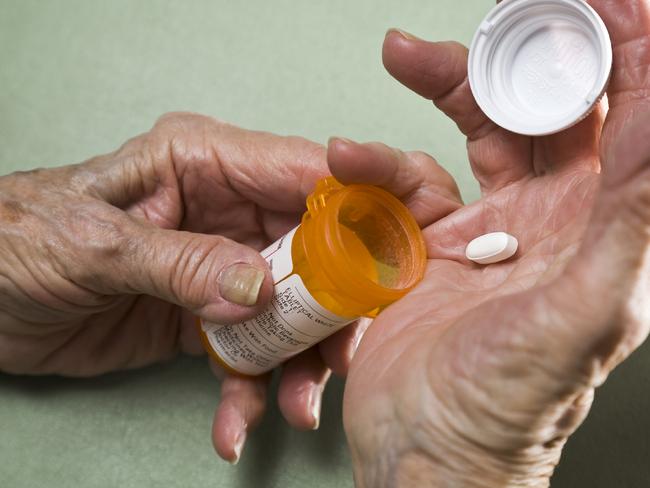
Better Access Australia, headed by former Health Department executive Felicity McNeil – is campaigning for a two-year freeze on PBS indexation for pensioners. But the Department of Health confirmed the budget does not fund any pause in indexation for medicines for pensioners and concession card holders.
Mums and babies will benefit from updated pregnancy care guidelines and a new national network of 12 pregnancy mental health and wellbeing centres for new and expecting parents.
A new improved screening program at birth will check newborn babies for as many as 80 serious health conditions from a single blood test. However, it will be part-funded by delaying for 12 months an IVF storage program promised by the former government, saving $2.4m.
There will be $23m over four years for four new Headspace centres in Edmonson Park in Sydney’s southwest and Armstrong Creek in South Melbourne, and two new satellite services in Kiama on the NSW south coast and Bribie Island in Queensland to deal with youth mental health.
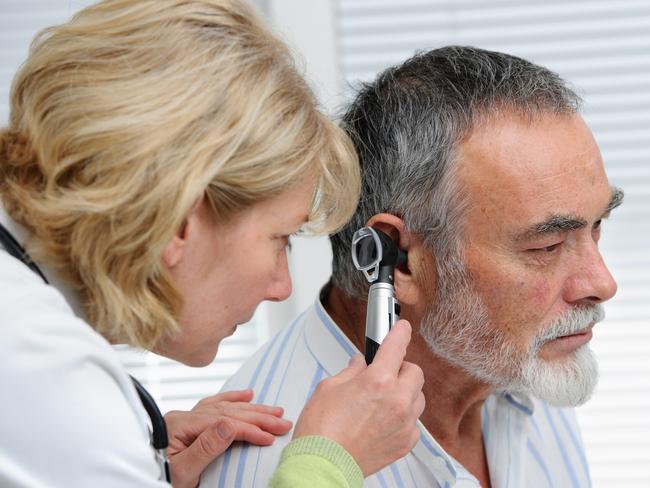
GPs will get $230m worth of government grants to upgrade technology, buy new equipment and improve infection control.
Indigenous Australians will benefit from a $314m health program that will fund new First Nations health clinics in locations with high and growing populations, improved renal services and a rheumatic heart disease program.
Incentive payments of up to $10,500 will be available to GPs to entice them to move to the bush, and more health workers will be eligible for salary support.
The John Flynn Prevocational Doctor Program will be expanded to more than 1000 placements in rural Australia per year by 2026 to improve services to rural areas.
To prepare for the next pandemic, the budget funds the design and establishment of an Australian Centre for Disease Control that would be in charge of policies to detect and manage infectious disease outbreaks.
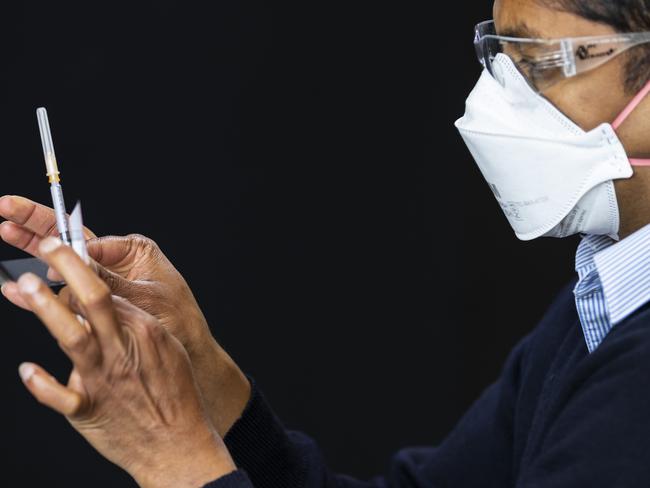
Funding for Covid measures including vaccines, medicines, PCR testing, RAT tests and other medical stockpiling comes to a dramatic end in June 2023 so the government is banking on the pandemic coming to a swift end.
Extra hospital funding for Covid ends in December 2022. Meanwhile, the government has funded $73.9m worth of vaccines and treatments for Monkeypox.
The budget also honours Labor’s election promises to spend $41m on melanoma nurses and $19m for nurse and midwife support.
More Coverage
Originally published as Federal Budget 2022: Pensioners to pay more for prescription drugs, 50 new urgent care clinics




